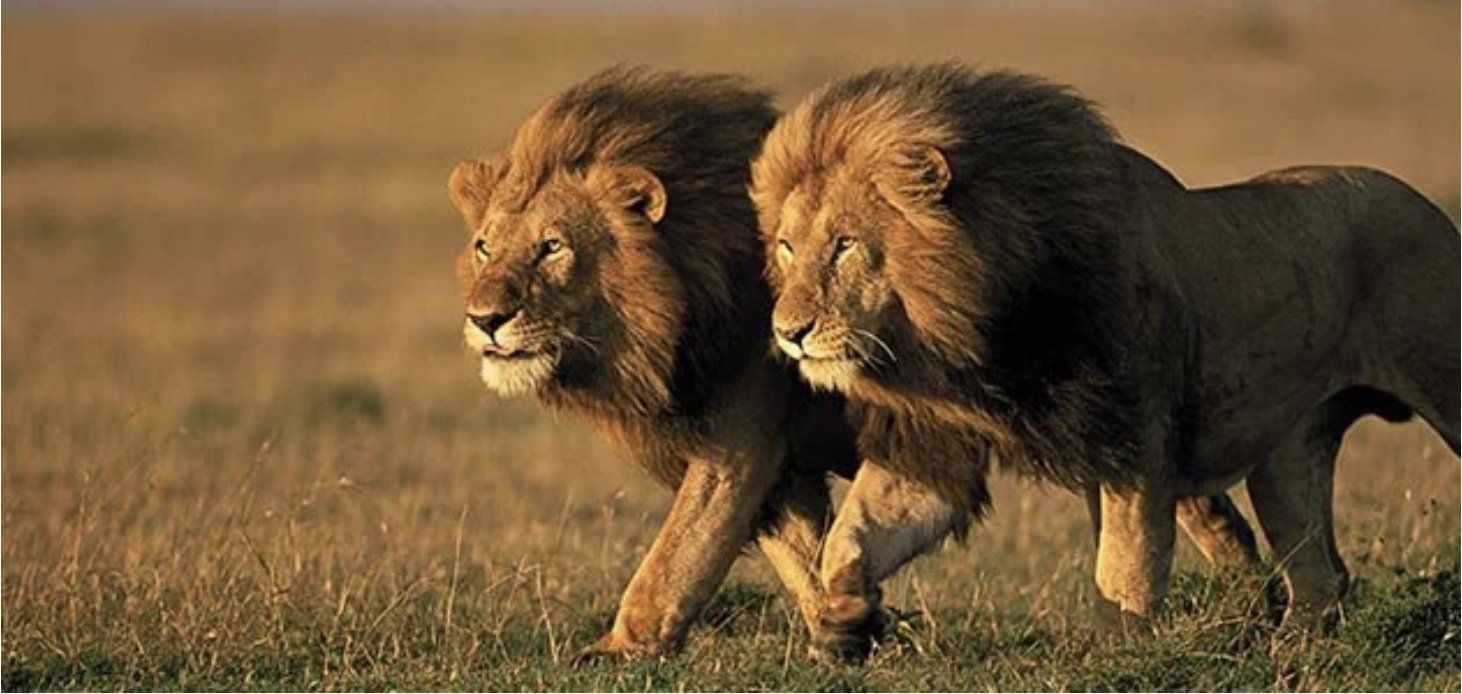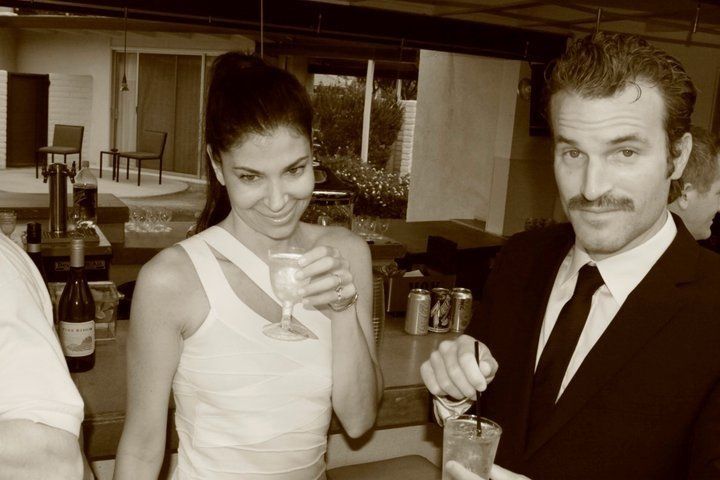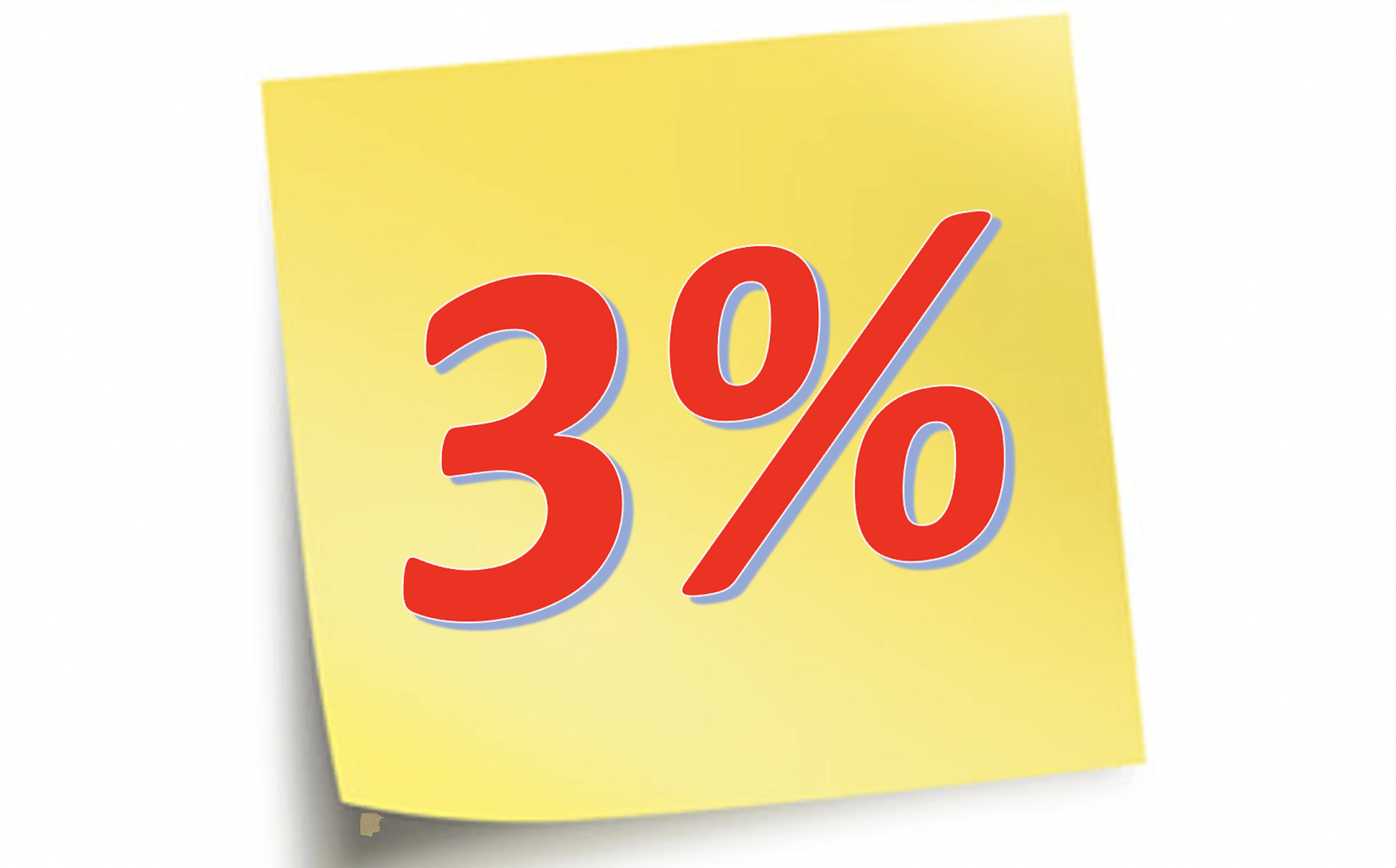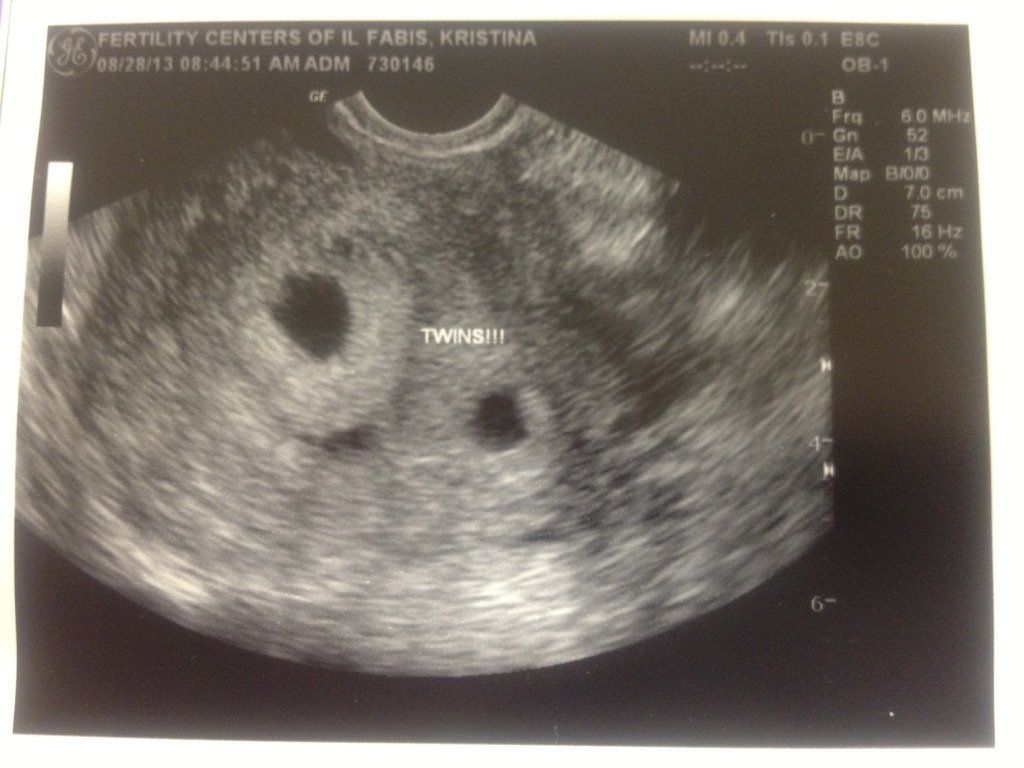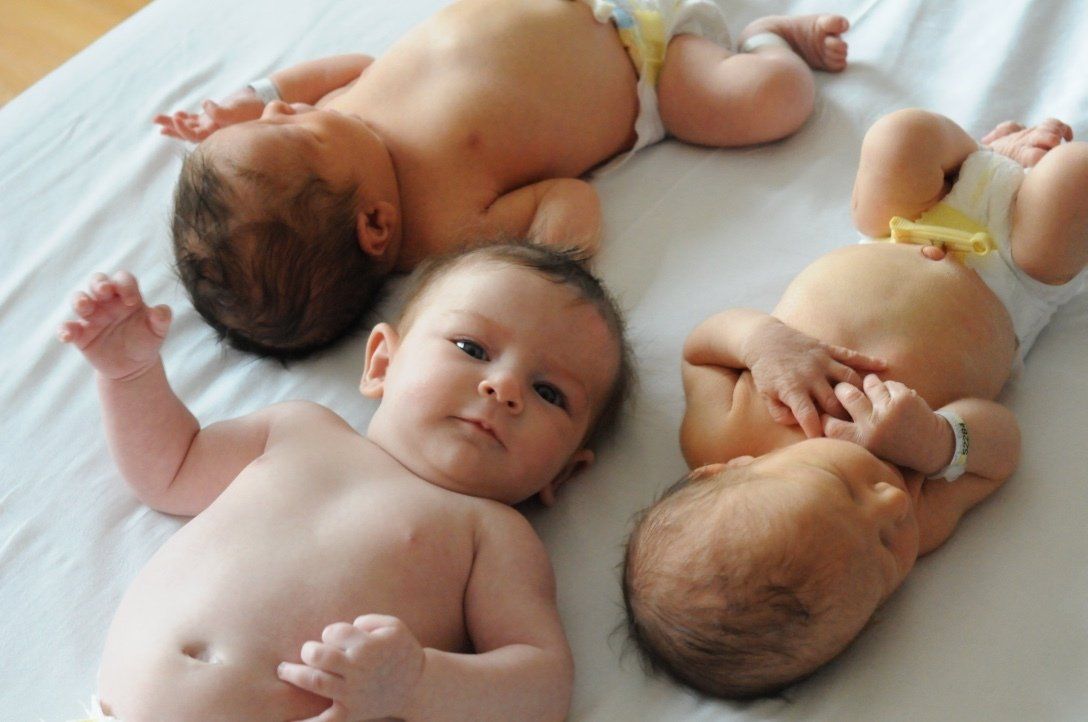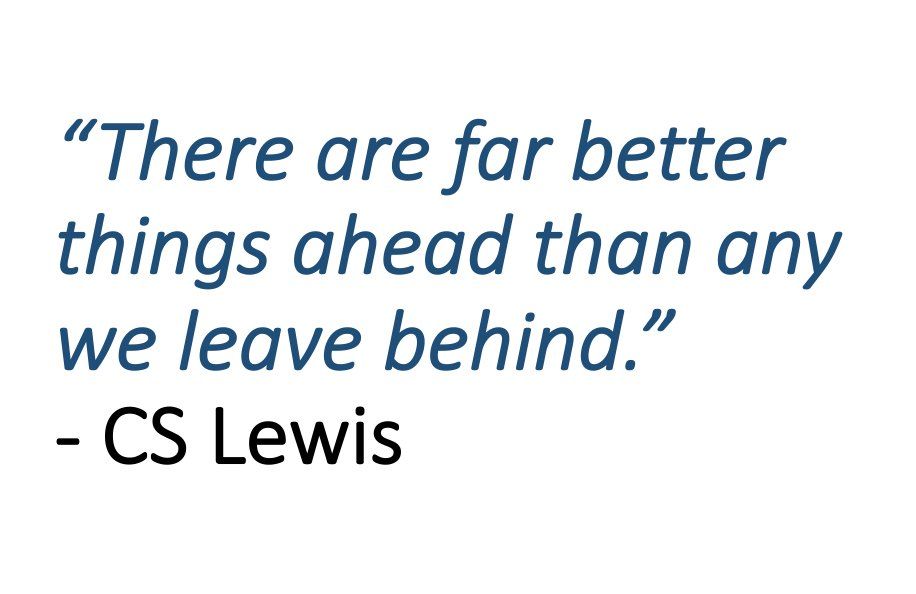How Dory Saved My Life
Part 1
At age forty-five, I'm nothing more than an average swimmer. I can get from point A to point B in the water, but no one's going to give me high praise for the beauty of my strokes.
All of us struggle to stay afloat at some point or another. Sometimes we're throttled by stormy seas, or sometimes we're pulled underneath by a riptide at a moment when the water seems placid and pristine.
Case in point: in 2011, a mere six months after I married the woman of my dreams, my wife was diagnosed with breast cancer, and I very nearly drowned.
We met at the end of 2009 at a time in my life when I was feeling worn down, adrift, full of doubt, and basking in self-pity. Life felt dull and devoid of color, like an old black and white cartoon. Meeting Jennifer felt like I had discovered a pot of gold at the end of a colorless rainbow.
Over the next thirteen months, my life moved at warp speed. We crisscrossed the country meeting each other's family and friends. I fell in love at a whiplash pace: nearly six months to the day of our first date, we got engaged. Another six months after that, we were married.
Our lives and worlds came together quickly. We built a shared home and began making plans for the rest of our lives. Along the way, I sold my first business. I felt like I was on top of the world: not only had I achieved the dream of any entrepreneur, I had found the woman of my dreams.
My hair was brown and my beard showed only a few flecks of white. I was a new man with my new wife and my whole life in front of me.
The shock came two weeks later when my wife went to the doctor for her annual exam. When something in her mammogram didn't look right, the doctor ordered a biopsy. A few days later, we were delivered the diagnosis: breast cancer.
I was dumbfounded. All I could think was, “How could this happen!?” Following her bilateral mastectomy, our oncologist told us everything went great. We were in the clear. But a week later, the pathology report came back. The cancer had jumped to her lymph nodes. Instead of weeks of recovery, now we’re staring down the barrel of eight months of chemotherapy and radiation.
To add to the stress, prior to my wife's diagnosis, we had been discussing starting our family together, a conversation that felt especially urgent since my wife was thirty-seven at the time.
As it turns out, pumping poison into your wife’s veins to kill off cancerous cells isn't great for her fertility. So before starting treatment, we squeezed in two rounds of IVF, and were lucky enough to get twenty-three embryos.
Distracted by the drama and heartbreak of these health struggles, my businesses began to sputter. And then, to top it all off, on the day before Christmas, after thirty-seven years of marriage, my father threw my mother out of the house, trading her in for a younger version.
Picture this: it's January. It’s dark and cold outside. I’m sitting at our dining room table with my bald, broken wife and my devastated mother. My impulse all my life has been to fix things: here’s a nail, there’s a hammer. Start hammering.
But what do you do when you cannot fix your wife? Or your mother? When there’s no hammer, no nail, and no manual in sight? What do you do when you feel completely helpless?
Part 2
Three failed transfers and two lost babies later, we were at a wedding when we got the news: another baby lost, this time at eleven weeks. We were devastated. Again. And now down to our last three embryos. Hope was evaporating fast.
That night, crushed by sadness and despair, we had the biggest fight of our marriage. I stormed off, jumped in the car and started driving. After three hours, I had no idea where I was or what I was doing. Yet something stirred inside of me: visions of our courtship flashed in my mind, and images of the happy times that could be again. I remembered the Post-It note on my mirror, and thought to myself, "Wait, I can't even handle 3%?!" I realized that I wasn’t mad at her. I was mad at myself.
I was being a child: a selfish, petulant child. I had thrown a tantrum in the baby pool because I was too scared to get back in the deep end and swim.
I turned the car around, and a few hours later, just as the morning sun began to peek above the horizon, I crawled into bed next to my wife.
Part 3
That was a Sunday. The following Thursday, we had our final transfer scheduled. It was our last chance for surrogacy to work. My wife looked at me and said, “We don’t have to go through with this.” Rashly, I replied, “There’s no way the baby you’re carrying is gonna make it. Plus, we’ve already scheduled the transfer and she’s pumped full of hormones.”
So we did it. A few weeks later, while sitting at breakfast with a colleague, my phone lit up. I looked down and saw a picture: a sonogram from our surrogate, pregnant with twins.
I raced home to find my wife sitting at the dining room table, face in her hands, “What are we going to do!?” she said. Without a second thought, simply playing the odds, I blurted, “There’s no way all three of these babies are gonna make it. Not after everything we’ve been through. Let’s play the hand we’ve been dealt and see how things turn out.”
Fast forward seven months: my wife delivers a healthy baby girl. Ten weeks and a day later, we drove to the hospital in our hot new Toyota Sienna minivan with one baby and two empty car seats. The next day, we drove home with another boy and girl. Triplets.
Part 4
Let me tell you something about cancer and kids: both make life get real in a hurry. Once we realized that triplets were on the way, we sold our condo and moved into a house. My credit card statement went from a single page to something resembling a novella. Life felt hectic and relentless. It was hard to get out of bed in the morning.
To help me navigate these choppy seas, I found meditation, journaling, and therapy: tools to help ground myself in the present. Slowly, I found the strength to rise and face each day. And in doing so, the rewiring began.
Cancer and fatherhood forced me into the present. By being present, I could take care of today. By taking care of today, I was increasing the chances of a better tomorrow. I learned how to swim differently. Not necessarily better, but differently. What mattered most was that I just kept at it: got out of bed, faced the day, and did the best I could. One stroke at a time. One day at a time. Even on days I didn’t want to.
Trying out new strokes brought me vitality, a sense of accomplishment, and renewed my hope. I began mentoring students at my alma mater, which led to a career change towards my dream job, an adjunct professorship, and a chance to teach young adults how to find their own courage within. A journey that continues with this blog, my work coaching other founders, and the sharing of my experiences with the hope that what I've been through can help guide and inspire.
During treatment, I used to quote the character Dory from the movie Finding Nemo, saying to my wife, “Just keep swimming!” She’d smile at me politely with a look of, “I don’t know what you’re talking about.” I thought they were words of encouragement, a way for me to help her keep moving forward.
As it turns out, she had never even seen the movie. And when I watched the movie again piled on the couch with my kids, it hit me: Finding Nemo is a movie about a father who crosses the ocean to save his family. Along the way, he meets Dory, whose only mantra in life is to just keep swimming, no matter what comes her way.
I realized that it wasn't my wife who had needed to be told to keep swimming. She had been the one strongly swimming upstream, against the current, through terrible weather, for months and months. I was the one who had needed this mantra. Jennifer had willed our family into being, seemingly single-handedly, as I wallowed. She had kept our marriage together, even while battling cancer. And somehow, she had given me the faith and courage to endure alongside her. To keep holding on just a little longer.
Seven years into fatherhood, and ten years into marriage, I’m not gonna lie and tell you life is all cupcakes and watermelon. Life will kick your ass, and there will be days when you don’t want to get back up. But I promise, if you can just keep kicking those legs and hold out a little longer, you'll get somewhere, even if it feels slow-going.
So dive in, listen to that little blue fish, and just keep swimming.
